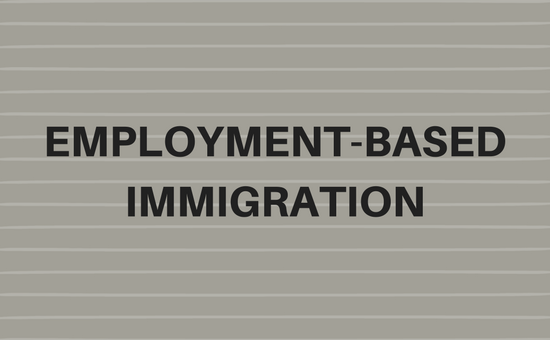For employers, immigration law is not just a federal matter. Some states require nearly all employers doing business in their state to satisfy the state’s own employment-eligibility verification requirements.
Of the state-imposed employment-eligibility verification requirements, the most common is the mandated use of E-Verify; however, among all states, there is no single method used for employment-eligibility verification. Rather, each state provides one or more ways for the relevant employers to perform employment-eligibility verification.
Some options include: using E-Verify, using another federal program (such as the Social Security Number Verification Service), using a state developed verification program, and requiring a certificate that confirming compliance with employment-eligibility verification rules.
Not every employer in any of these states is required to comply with the employment-eligibility verification rules. Each state specifies which employers the rule covers. Covered employers vary by state and likely include public employers, state contractors and subcontractors (sometimes depending on the size of the contract or another factor), and private employers (sometimes depending on the employer’s size, among other factors).
How each state enforces the employment-eligibility verification rules also varies by state. For example, while some states do not specify an enforcement method, others states give responsibility for investigating or auditing employers to a state administrative office. States that impose liability on contractors and subcontractors frequently permit contract termination for a violation. In some states, willful violations lead to debarment from contracting with the state for a certain period. Private employers may be penalized, depending on the state, in a variety of ways, from warnings and probationary periods, to the suspension or revocation of business licenses, permits, occupational tax certificates, or other documents needed to do business.
The upshot is that there is a growing network of state immigration laws that put burdens on employers. The burdens are substantial for employers, especially those who operate in many states. It is important, though not easy, for all employers to stay up to date on the employment-eligibility verification rules (changing as they might be) in each state where the employer operates.
